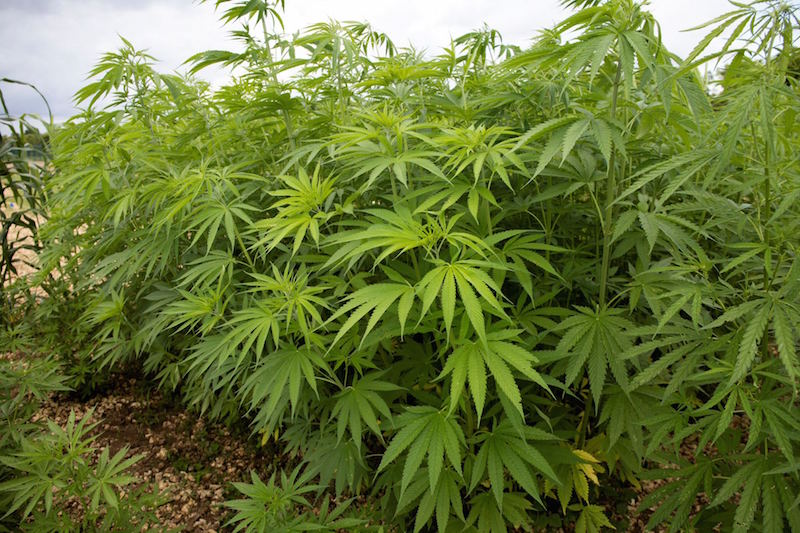
Hemp Stakeholder Survey Helps Identify Crop Research Priorities
After a decades-long hiatus due to the crop’s legal status, growers are now producing industrial hemp across the United States. Despite significant developments in the U.S. hemp industry over the past few years, there remain substantial gaps in the knowledge needed to fully support this fledgling industry. To help identify some of these gaps, a nationwide survey of hemp stakeholders was conducted to determine priority areas for future research projects on hemp.
The survey, funded through the USDA NIFA Supplemental and Alternative Crops Competitive (SACC) grants program, was completed by over 1,100 hemp growers and other stakeholders across 23 states involved in developing a sustainable hemp industry. The overall goal was to identify hemp research and education priorities for the next several years.
Survey questions were developed by the planning committee for the inaugural National Hemp Research and Education Conference, which was funded through the same SACC grant, along with additional input from industry stakeholders. Survey responses, which focused on the 2019 growing season, were solicited during Dec. 2019 and Jan. 2020 and then analyzed by Shelby Ellison, assistant professor in the UW–Madison Department of Horticulture. The results were recently published in the journal GCB-Bioenergy at https://onlinelibrary.wiley.com/doi/10.1111/gcbb.12794.
While almost every research category was deemed important amongst the majority of stakeholders, several areas stood out as key priorities:
- The highest priority research need is in economics and marketing of hemp.
- Stakeholders also found regulatory and policy issues a major concern with need for directed research.
- Stakeholders want breeding and genetics research to produce stable and uniform cultivars and regional adaptability, and to improve flower quality and seed characteristics.
- Survey respondents also report a need for research to better understand agronomic practices and production systems of hemp, such as disease management and postharvest considerations.
- They also would like to see research projects related to human nutritional quality and health properties of hemp.
- There is a substantial need for better and more accessible education and outreach across many groups including producers, processors, regulators, consumers, and lawmakers.
The survey results show there are many current bottlenecks in the U.S. hemp industry. The information gained from the survey results will aid hemp researchers in defining their research priorities, and help funding entities identify priority research areas to target their grant programs. Many key research topics are complex and projects will require collaboration across numerous hemp industry sectors in order to assemble the collective knowledge and experience needed to address the questions and needs of this industry.
For more information about the report, contact Shelby Ellison at slrepinski@wisc.edu.
Source: College of Agricultural & Life Sciences, University of Wisconsin-Madison









